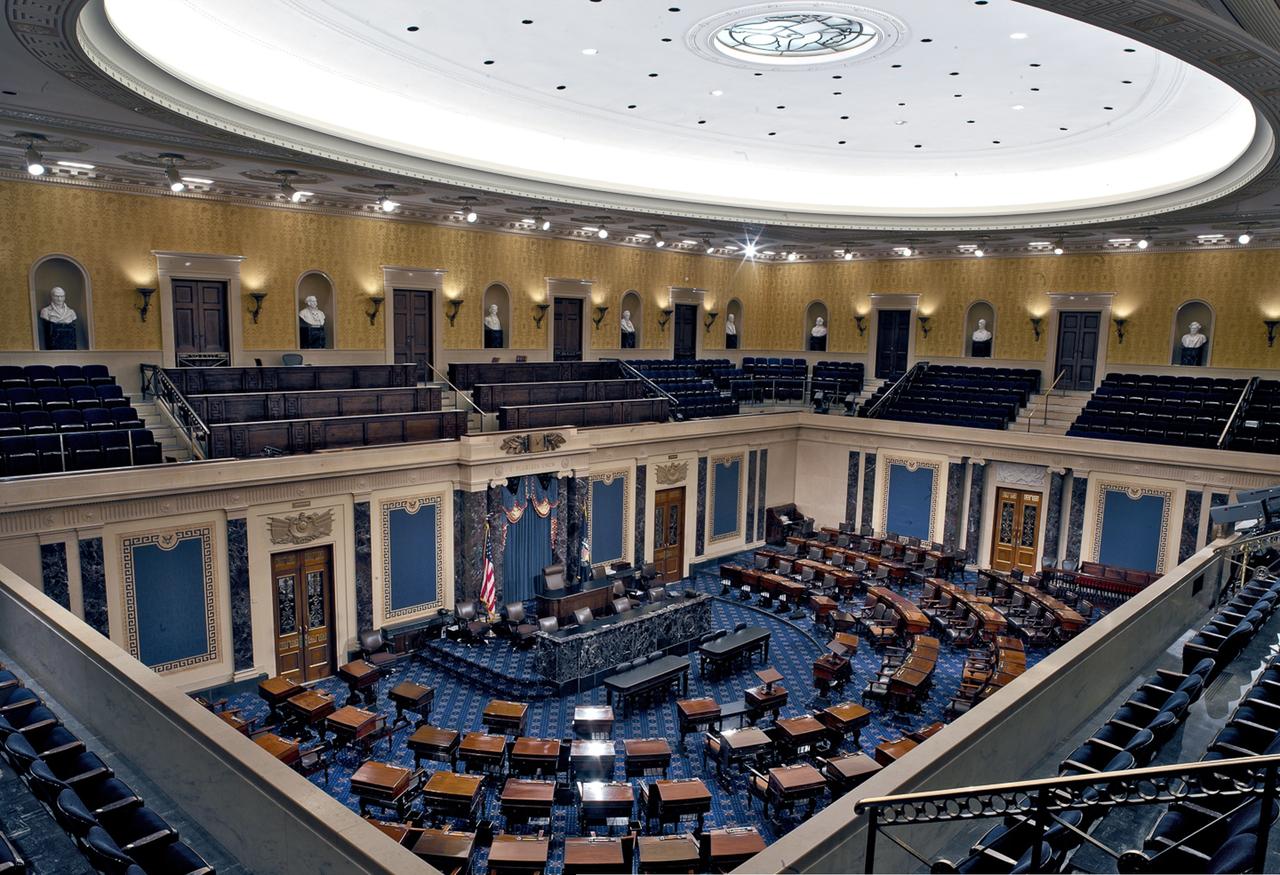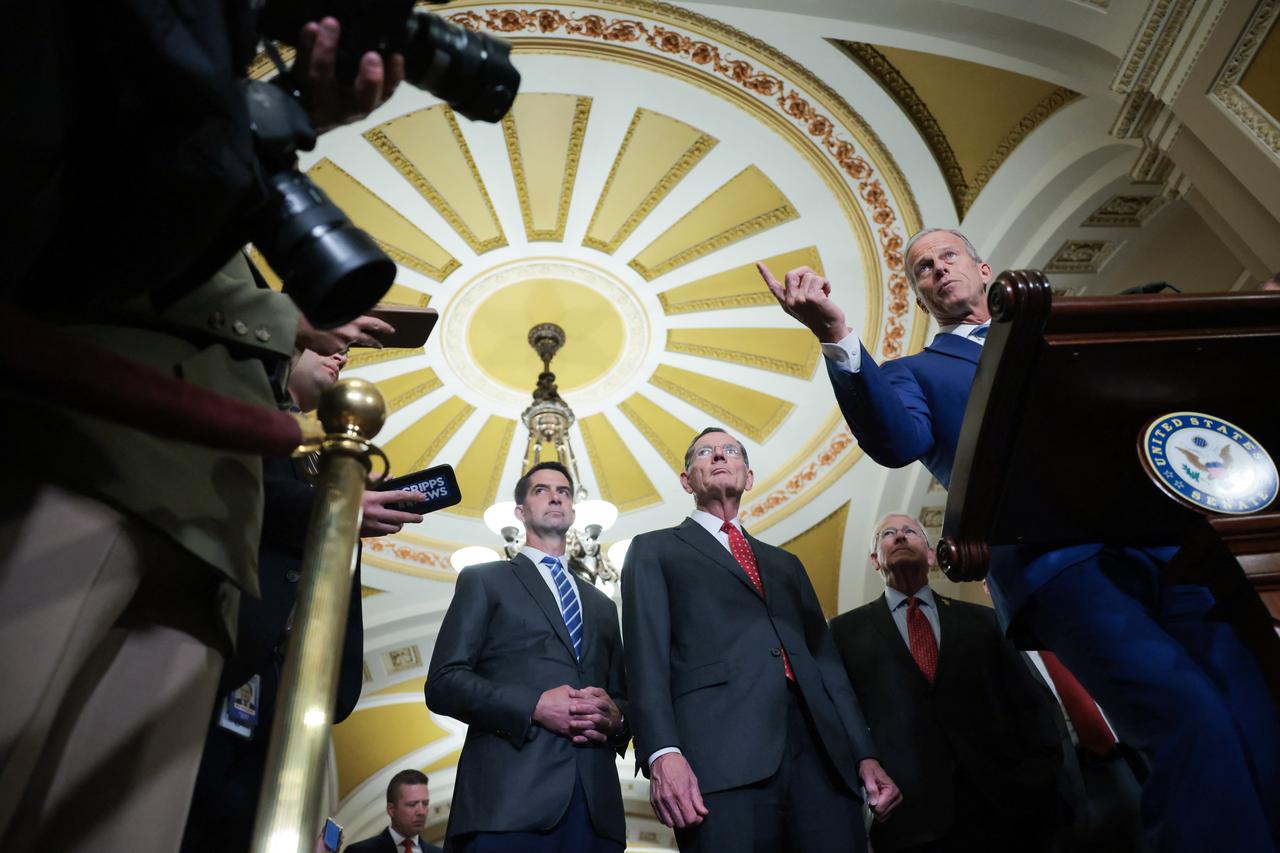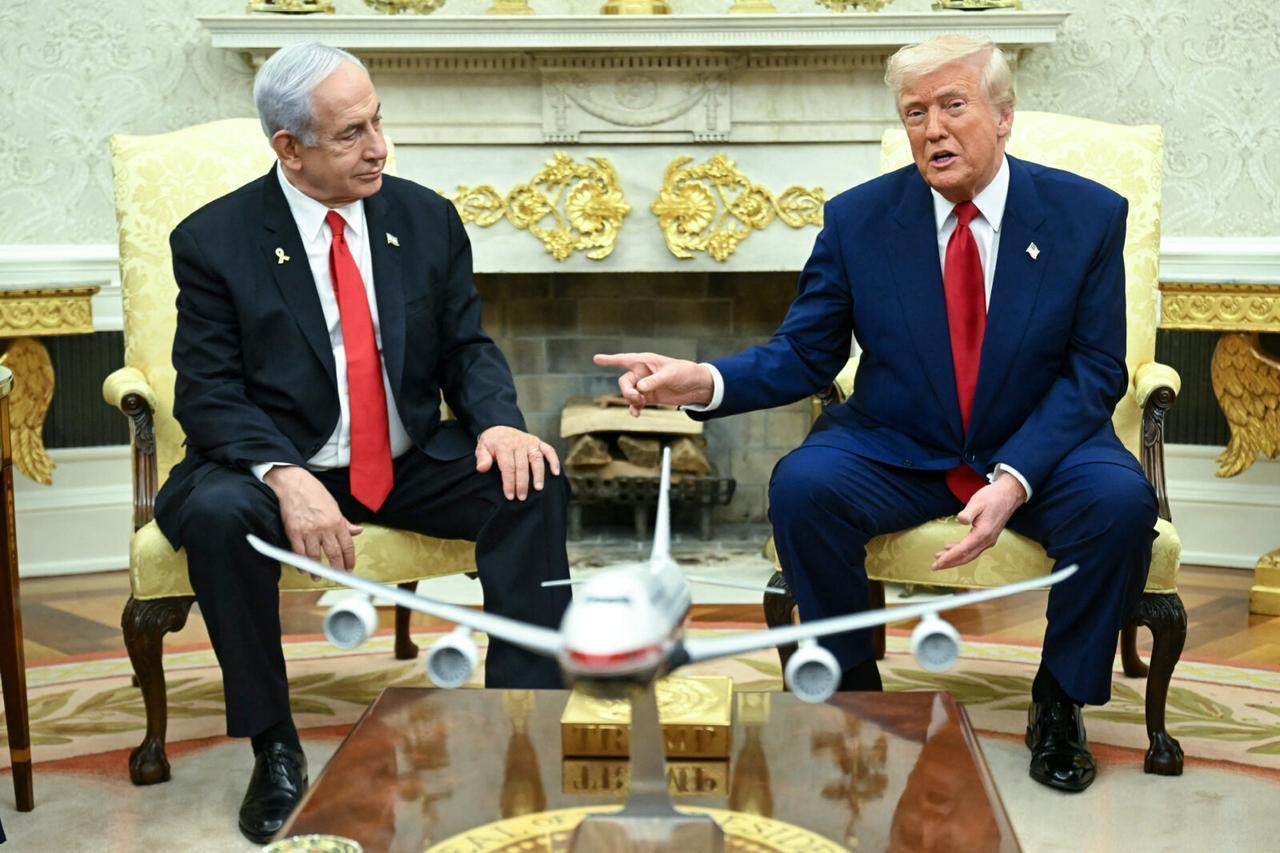
A broad coalition of U.S. senators voiced support for Israel following its military strikes on Iranian nuclear and military facilities on June 13, with Republican lawmakers leading the charge in backing the operation that has escalated regional tensions.
At least 24 senators from both parties publicly endorsed Israel's actions through social media posts, though Republicans comprised the overwhelming majority of supporters. The strikes targeted Iran's nuclear program and military leadership, prompting varied responses from American lawmakers who play key roles in shaping foreign policy.

"We back Israel to the hilt, all the way," declared Sen. Tom Cotton, R-Ark., in a post on X, formerly Twitter. His sentiment was echoed by Republican colleagues across the continental United States, with senators from Texas to Maine expressing solidarity with the Jewish state.
Senate Armed Services Committee Chairman Roger Wicker, R-Miss., framed the strikes as necessary action against Iran's nuclear ambitions. "Tonight, we stand firmly alongside Israel and its unilateral preemptive strike against Iran's nuclear program," Wicker said. "Iran's sprint to become a nuclear threat to America and our allies, while leading the world in proliferating terrorism, is the cause of this conflict."
Sen. Susan Collins, R-Maine, expressed hope that "the Israeli operation to eliminate Iran's nuclear capability is successful," while Sen. Jim Risch, R-Idaho, who chairs the Senate Foreign Relations Committee, said Iran "now stands naked and exposed, without sympathy from civilized, peace-loving peoples."

The bipartisan support included an unlikely Democratic voice: Sen. John Fetterman of Pennsylvania, who broke with many in his party to endorse the military action. "I support the attack," Fetterman stated, adding that "Our commitment to Israel must be absolute" and called to "Keep wiping out Iranian leadership and the nuclear personnel."
Fetterman's position contrasted sharply with other Democratic lawmakers, including Sen. Jack Reed, D-R.I., who criticized the strikes as "reckless escalation," according to Al Jazeera reporting.
Several senators explicitly linked their support to concerns about American personnel stationed throughout the Middle East. Sen. Joni Ernst, R-Iowa, called for prayers "for Israel and the protection of Americans in the region and around the world," while Sen. Marsha Blackburn, R-Tenn., warned that "Any attempt to target our service members or strike at America will be met with devastating consequences."
Sen. Steve Daines, R-Mont., referenced recent International Atomic Energy Agency findings, stating "Iran has been hiding its nuclear program for years" while expressing prayers "for the safety of all the U.S. personnel in the Middle East."

The widespread senatorial backing came as President Donald Trump confirmed that the United States was not directly involved in the strikes but indicated American support for Israel's defensive actions. Speaking to Fox News, Trump said the U.S. would help defend Israel if Iran retaliates, while noting that "Iran cannot have a nuclear bomb."
"Iran cannot have a nuclear bomb, and we are hoping to get back to the negotiating table. We will see. There are several people in leadership that will not be coming back," Trump told Fox News presenter Bret Baier.
The administration's position reflected a delicate balance, with officials using terms like "unilateral" and emphasizing non-involvement to maintain distance from the Israeli operation while pledging defensive support if needed.
Iran's Foreign Ministry responded by asserting Tehran has a "legal and legitimate" right to respond under the UN Charter, while accusing the U.S. of coordination in the strikes. "The Zionist regime's aggressive actions against Iran cannot have been carried out without the coordination and authorisation of the United States," the ministry said in a statement.
The U.S. Embassy in Israel has directed all government employees and family members to shelter in place, citing potential threats from "mortar, rocket, and missile fire, and unmanned aircraft system intrusions."